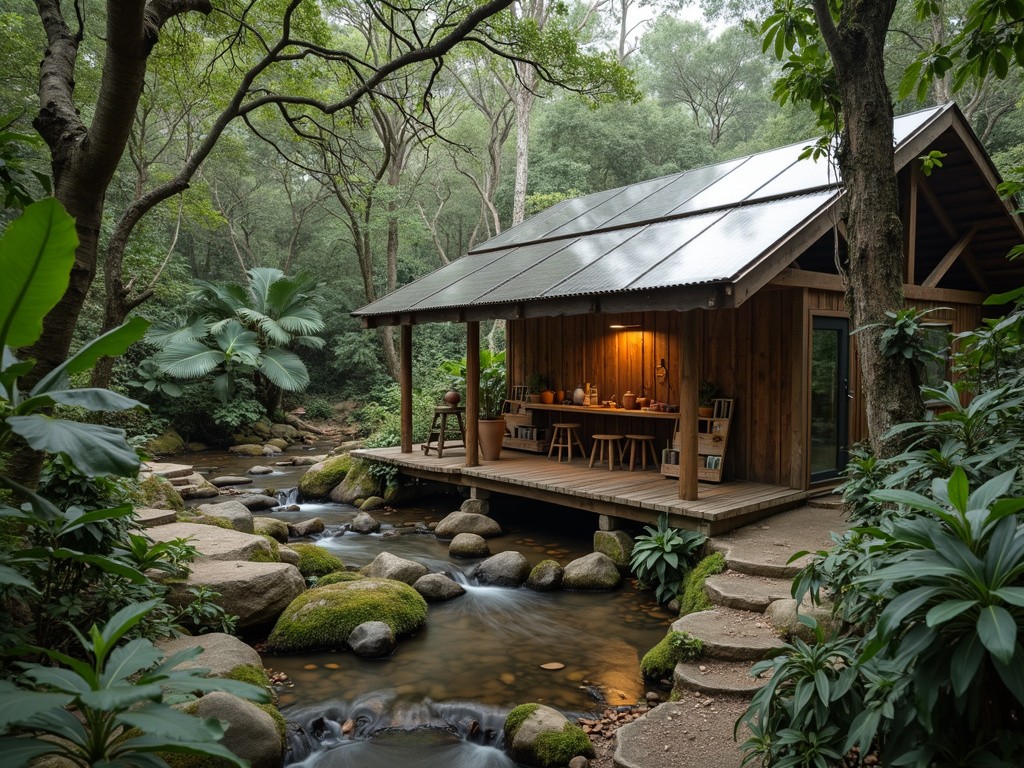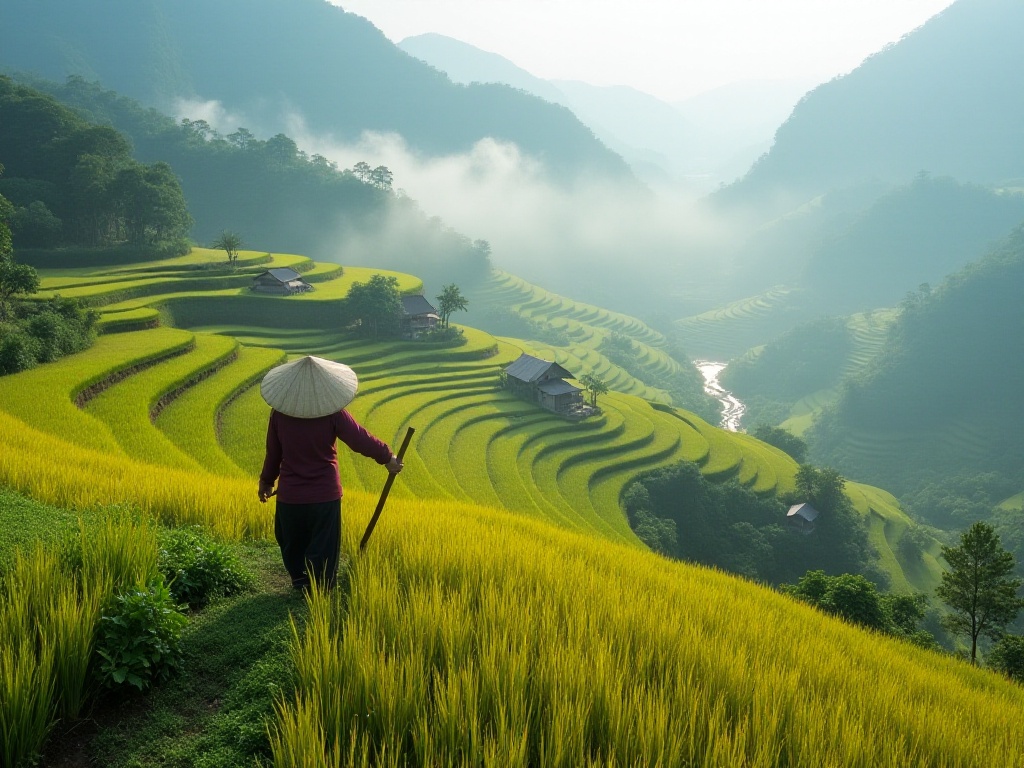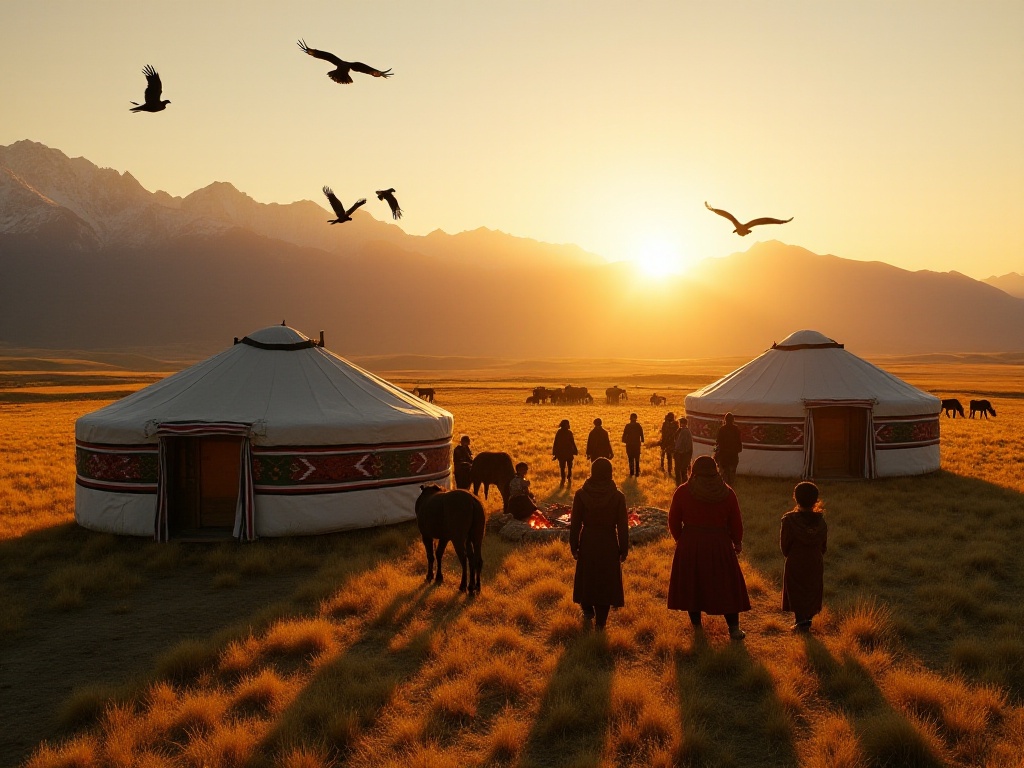Preface
The night sky over the Gobi Desert was dazzling, with countless stars seemingly within reach. Lying on the grass outside the yurt, I listened to the neighing of horses in the distance, feeling the pulse of this vast land. Abuda, a Mongolian herder, handed me a bowl of fresh mare's milk wine, rich in flavor with a subtle scent of the grassland. In his deep voice, he shared legends of Genghis Khan and stories of his people's nomadic life passed down through generations.
Slightly tipsy from the mare's milk wine, with the bonfire dimming, Abuda's stories kept me increasingly alert. He explained that in Mongolian tradition, guests are considered messengers sent from heaven. Whenever visitors arrive, they share their best milk tea, freshest mare's milk wine, and most touching stories. At that moment, I suddenly understood the true meaning of travel: not just visiting places, but truly entering into local people's lives, experiencing their culture, and listening to their stories.
Cultural Journey
The booming global cultural tourism market is reflected not just in its staggering trillion-dollar scale, but in the choices of every traveler. More and more people are growing tired of fast-food style tourism, yearning for deeper cultural experiences. This shift reminded me of my experience in the Grand Canyon region last year.
It was a golden sunset when I followed Jack, a Navajo elder guide, along winding canyon trails. He wasn't an ordinary guide, but a tribal elder. Along the way, he would occasionally stop to explain the seemingly simple but profound petroglyphs that contained thousands of years of Navajo wisdom and beliefs.
Under a cliff, Jack motioned me to stop. Pointing to the ground beneath us, he said, "In our tradition, this land is our mother. Every rock, every plant, is a gift she has given us." He then demonstrated how to make traditional medicine from local herbs and how to find food and water sources in the wilderness. This knowledge represents the survival wisdom passed down through generations of Navajo people.
As night fell, we sat around the tribal bonfire. The tribal elders took turns telling legends about the stars, while children listened intently, their eyes sparkling with curiosity. At that moment, I witnessed the power of cultural inheritance, seeing how a people passes down their beliefs and values through stories and rituals.
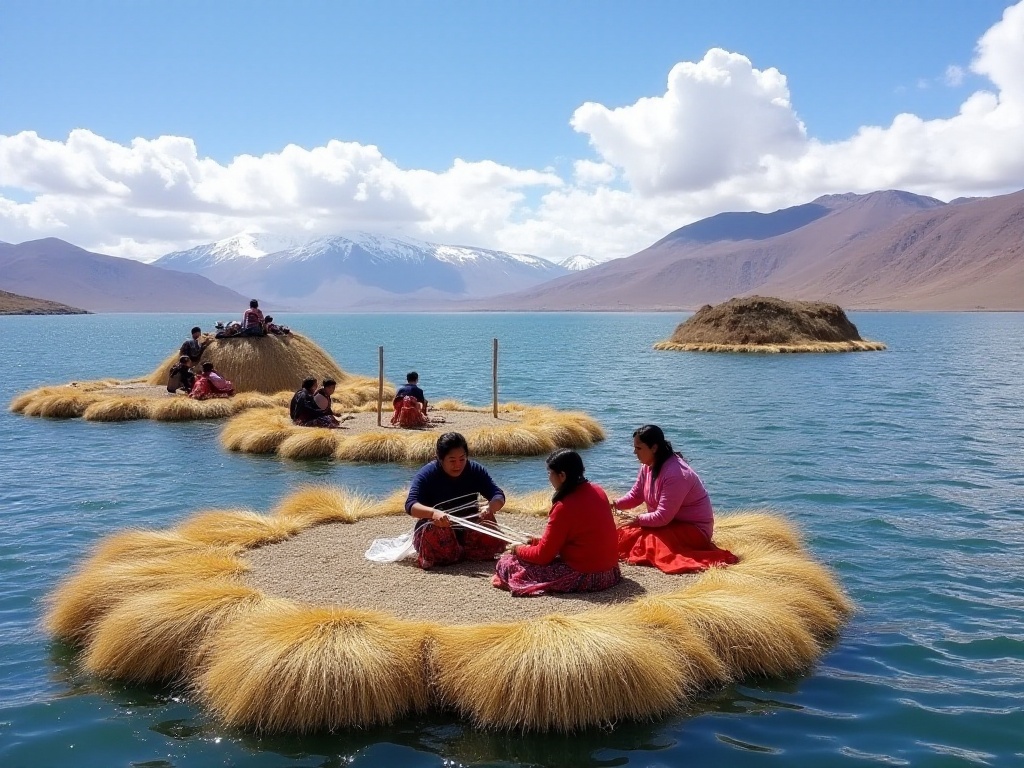
Deep Interaction
In Botswana's Okavango Delta, I spent an unforgettable week. The Wayeyi tribe welcomed me, a stranger, with amazing hospitality. In the morning, old fisherman Mba took me canoeing through the waterways. He taught me how to spot hippos by their ripples on the water's surface and how to judge the presence of predators through bird calls.
At noon, I joined the tribal women collecting lotus seeds by the water. They sang traditional work songs while gathering, their voices echoing across the water, harmonizing with birdsong. In the evening, tribal elders would gather under a large banyan tree to share tribal history. Through their stories, I learned how the Wayeyi people settled in this lush delta and lived in harmony with nature.
The most touching moment was on a rainy night. An elderly villager had fallen ill, and the entire village gathered outside his thatched hut, taking turns singing blessing songs. In that moment, I deeply understood what true community means and the power of mutual support.
In Sapa town in northern Vietnam, I stayed with a Red Yao family. The hostess, A-Fu, was a capable housewife whose husband worked in the terraced rice fields while their two children attended school in town. Every morning, I would wake to the crowing of roosters in the courtyard. A-Fu would already be busy at the stove, preparing breakfast for the family.
I learned many traditional Red Yao cooking methods from A-Fu. She taught me how to make delicious pickled vegetables with wild greens and spices, and how to create memorable farm dishes from simple ingredients. Most interestingly, she taught me their traditional dyeing methods. Red Yao women are skilled in batik, using beeswax to draw intricate patterns on white cloth before dipping it in dye. This ancient craft fascinated me deeply.
In the evenings, I would help look after A-Fu's young daughter, Xiao Yu. Though only six years old, she could speak some simple Red Yao language. She taught me Red Yao children's songs, while I shared stories from my world travels. Despite the language barrier, we developed a wonderful connection. This taught me that sincere communication needs little language.
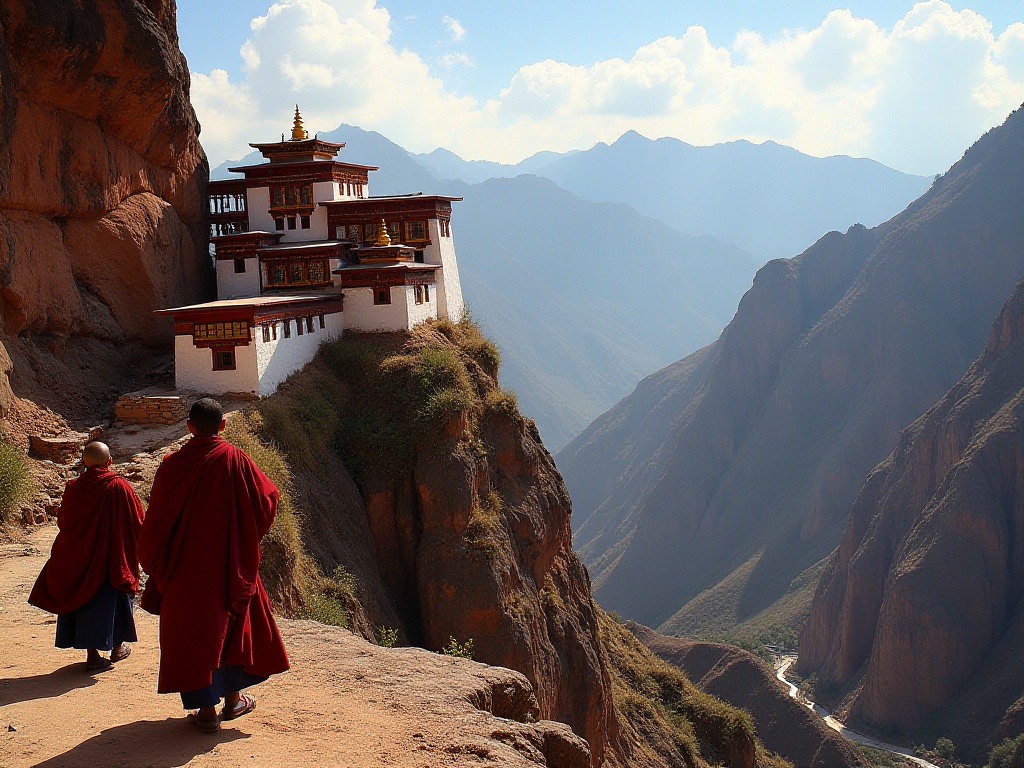
Wave of Change
The transformation in cultural experience tourism is more profound than imagined. Today's travelers are no longer satisfied with superficial sightseeing; they desire genuine cultural immersion. This demand has driven the tourism market's transformation and upgrade. Professional cultural experience platforms have emerged, offering everything from traditional craft learning to modern art creation.
For instance, in Kyoto, you can book a tea ceremony master with forty years of experience to learn the essence of the tea ceremony. In Berlin, you can follow street artists to understand the city's underground culture. In Peru, you can join archaeologist-led expeditions to search for lost Incan ruins.
These experiences go beyond simple tourism to deeply understand a place's cultural core. In Istanbul, I participated in a traditional carpet weaving workshop. The instructor was an artisan who had been weaving carpets for over thirty years. She taught us how to select wool, mix dyes, and tie basic Turkish knots. Through this hands-on experience, I not only learned a traditional craft but also understood Turkish people's pursuit of beauty.
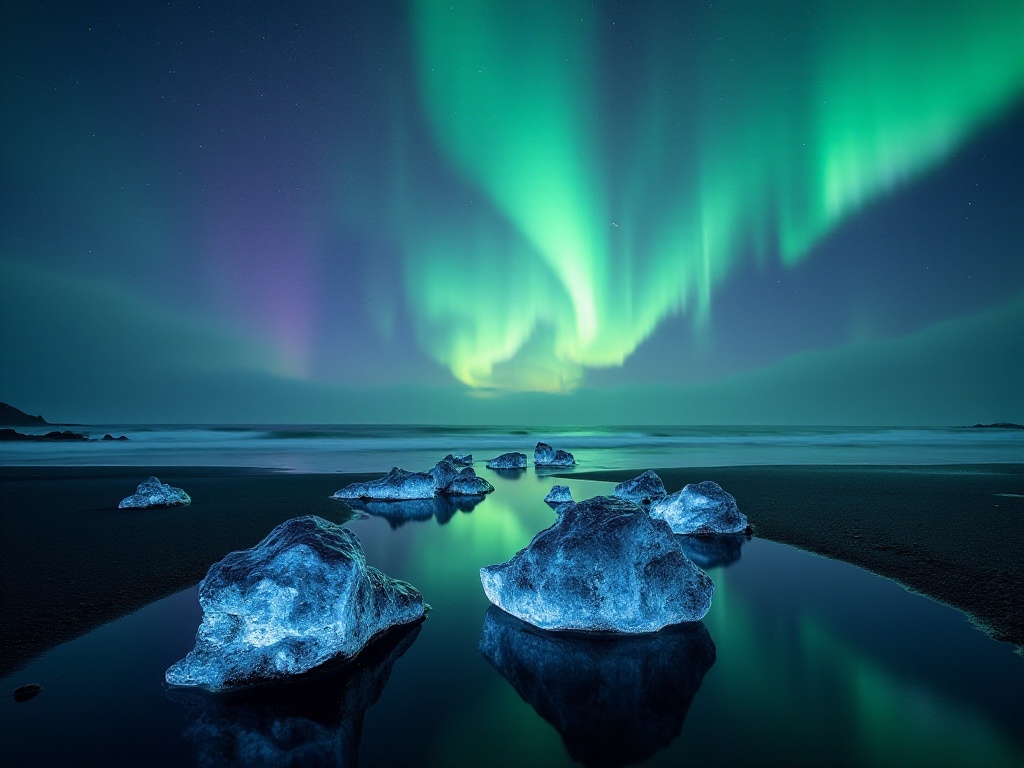
Deep Insights
At the ancient Guge Mani Temple in Upper Mustang, Nepal, I met an elderly lama who said, "Understanding different cultures is like opening windows that let us see a broader world." These words resonated deeply with me, leading to deeper reflections on cultural exploration.
At Machu Picchu, I witnessed the Incas' masterful stone carving and deep understanding of astronomy. Under the Northern Lights in Iceland, I heard local tales of Viking raiders. On the African savanna, I tracked lions with Maasai warriors. These experiences taught me that each culture is a crystallization of human wisdom, worthy of understanding and respect.
At Todaiji Temple in Nara, Japan, an elderly monk told me, "True culture isn't found in museum artifacts, but in the habits and beliefs flowing through people's daily lives." This reminded me of the poets' cafe in Shiraz, Iran, where poets gathered to recite Hafez's verses in beautiful Persian; the open-air market in Fes, Morocco, where merchants used age-old methods to make leather; and the banks of the Ganges in Varanasi, India, where devotees performed their morning prayers with devotion.
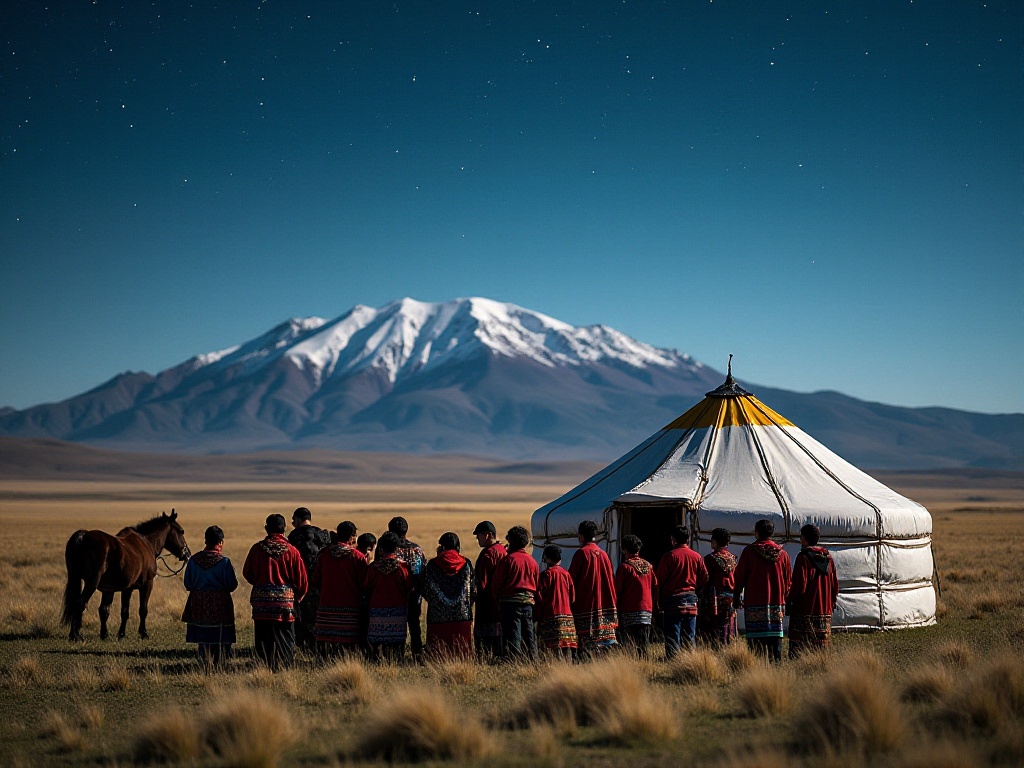
Future Outlook
Technology is changing how we experience culture. Through virtual reality, we can visit museums worldwide and participate in online traditional craft courses. However, these new technologies cannot completely replace the importance of physical experience.
In Kanazawa, Japan, I visited a traditional gold leaf workshop. Craftsmen use tools and techniques almost identical to those used a thousand years ago to transform gold blocks into leaf as thin as cicada wings. The master craftsman said, "Some things cannot be transmitted through screens, like the subtle luster of gold leaf in sunlight, or the rhythm of hammering gold leaf." This made me deeply agree that the most precious part of cultural experience will always be real, person-to-person interactions.
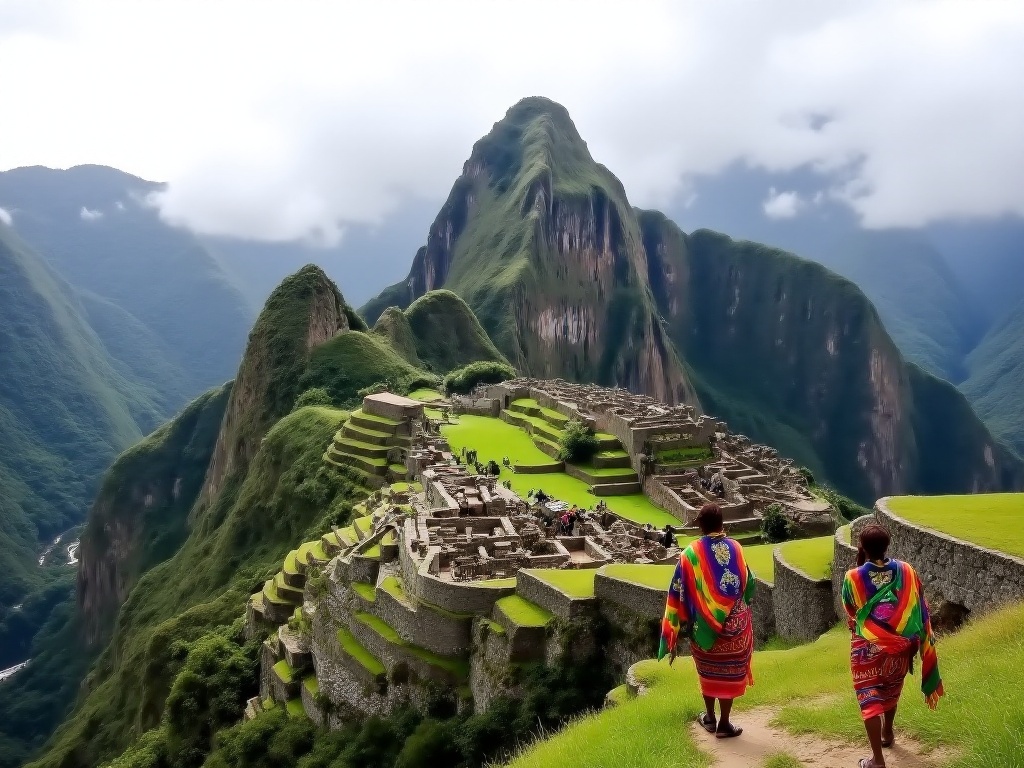
Final Thoughts
From Maldivian fishermen's night fishing to Tibetan guides' butter tea at Everest Base Camp; from Australian Aboriginal Dreamtime stories to Siberian shamanic rituals in Russia, each cultural exploration has given me new insights into this world.
Most importantly, these experiences have taught me how to understand different cultures with a more open mind. At Mexico's Day of the Dead, I saw people joyfully commemorating departed loved ones; in Toraja, Indonesia, I participated in their unique farewell ceremonies. These seemingly peculiar customs actually contain profound human care.
For those wanting to begin their cultural exploration journey, my advice is: slow down, maintain curiosity, and approach each encounter with openness and respect. Remember, what's most valuable isn't how many places you've been, but how many sincere exchanges you've had and how many heartfelt moments you've experienced in each place. Every authentic cultural experience is a journey of spiritual growth and a renewed understanding of this rich and colorful world.




